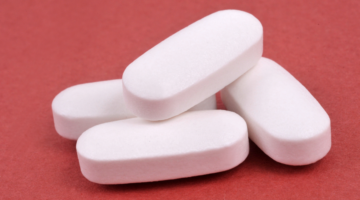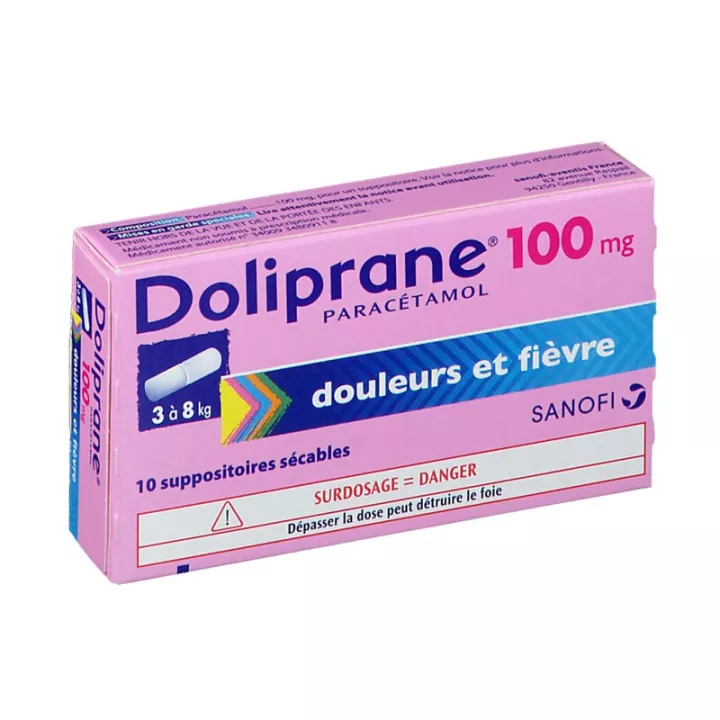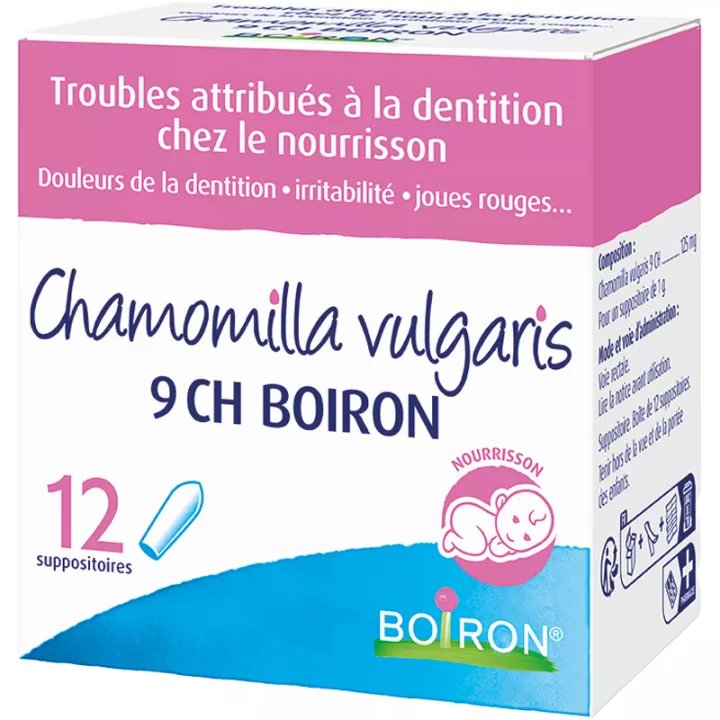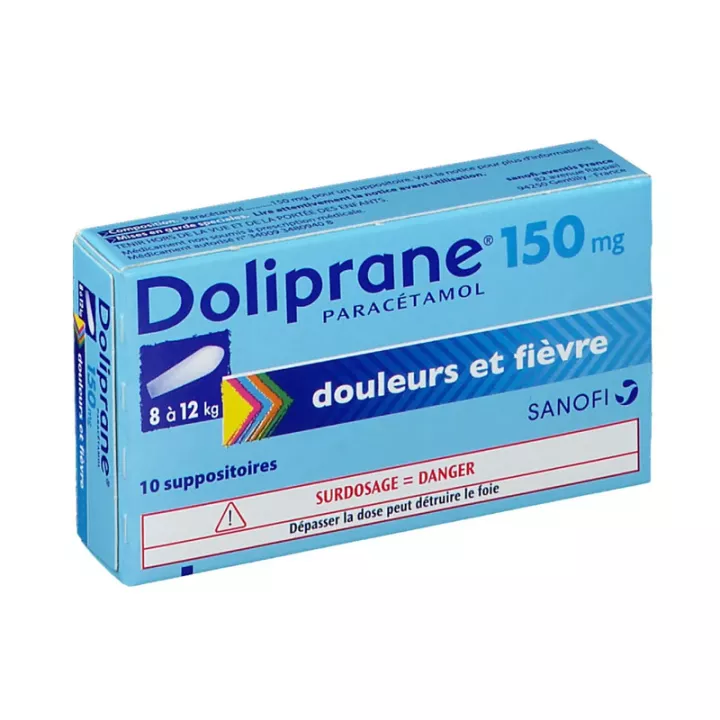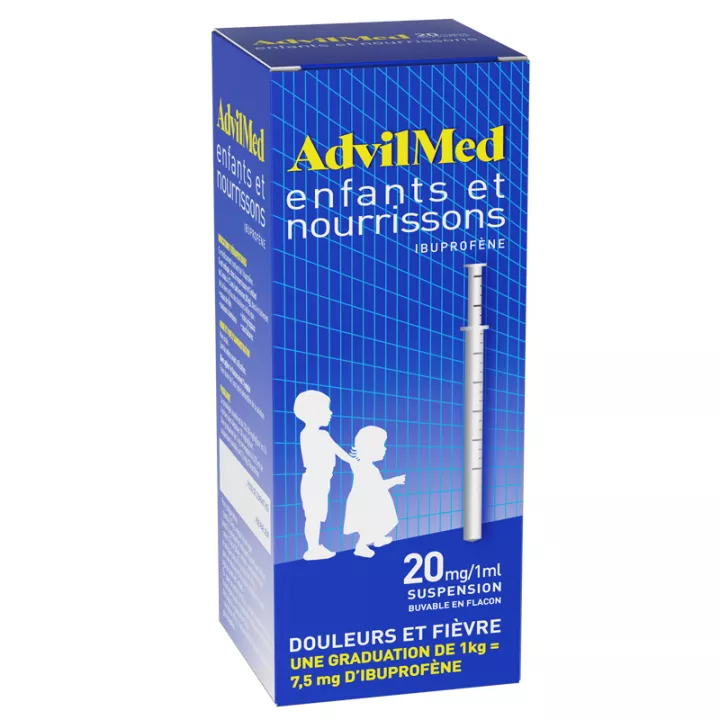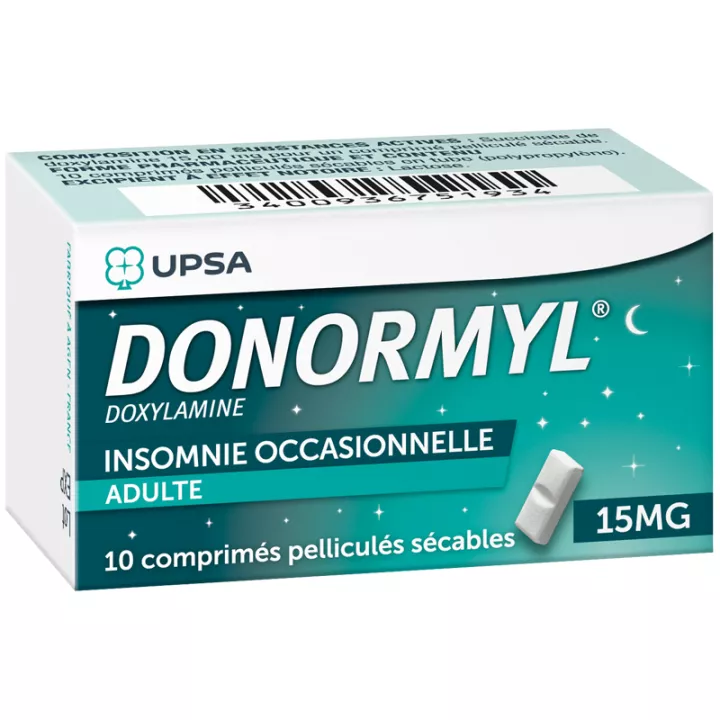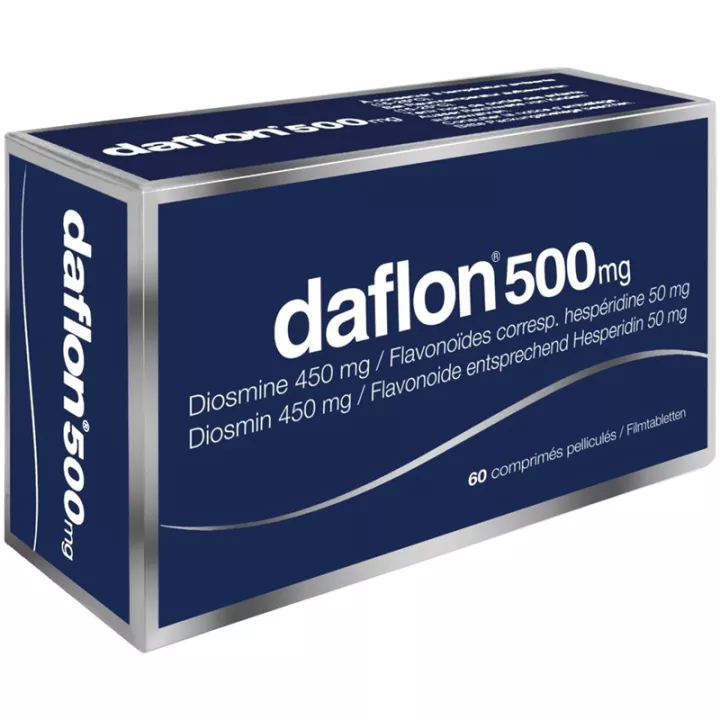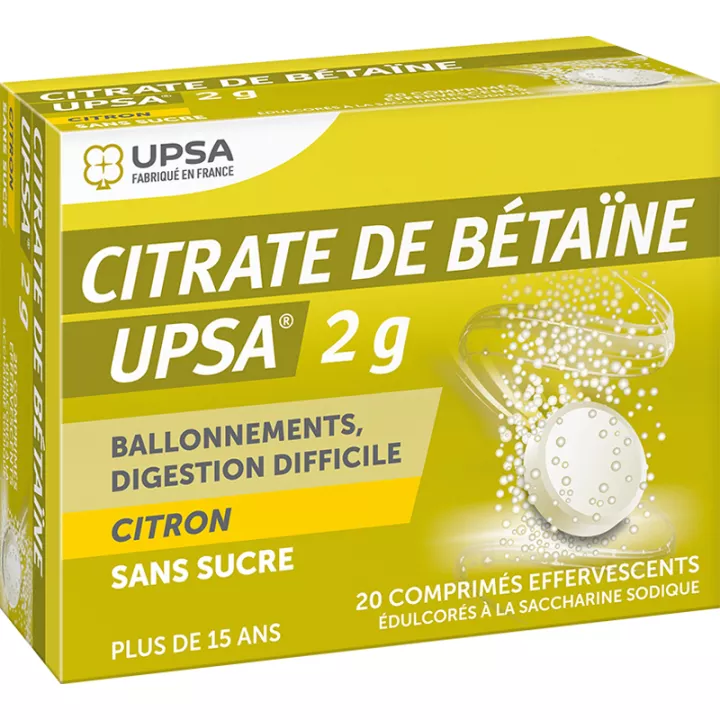NOTICE
ANSM - Last updated: 26/07/2017
Name of the medicinal product
DOLIPRANE 100 mg, scored suppository
Paracetamol
framed
Please read this leaflet carefully before you start using this medicine because it contains important information for you.
You should always use this medication exactly as prescribed in this leaflet or by your doctor or pharmacist.
· Keep this leaflet. You might need to read it again.
· Ask your pharmacist for advice or information.
· If you experience any of the side effects, talk to your doctor or pharmacist. This also applies to any side effects not mentioned in this leaflet. See section 4.
· You should contact your doctor if you experience no improvement or feel less well after 3 days in case of fever or 5 days in case of pain.
Do not use this medication for children.
What is in this leaflet?
1. What is DOLIPRANE 100 mg, scored suppository and in which cases is it used?
2. What should be known before using DOLIPRANE 100 mg, suppository scored?
3. How to use DOLIPRANE 100 mg, suppository scored?
4. What are the possible side effects?
5. How to store DOLIPRANE 100 mg, suppository scored?
6. Package contents and other information.
1. WHAT IS DOLIPRANE 100 mg, scored suppository AND WHAT USE IS IT USED FOR?
Pharmacotherapeutic group: OTHER ANALGESICS and ANTIPYRETICS - ATC code: N02BE01
The active substance of this drug is paracetamol.
It is used to treat pain and / or fever, for example in the case of headaches, flu-like symptoms, dental pain, body aches.
This presentation is reserved for the infant from 3 to 8 kg (approximately from birth to 9 months). Read the "Dosage" section carefully.
For children of different weights, there are other presentations of paracetamol whose dosage is more suitable. Do not hesitate to ask your doctor or pharmacist for advice.
2. WHAT TO DO ABOUT BEFORE USING DOLIPRANE 100 mg, suppository scored?
Do not give DOLIPRANE 100 mg, suppository scored:
· If your child is allergic (hypersensitive) to the active substance (paracetamol) or to any of the other ingredients of DOLIPRANE. You will find the list of components in section 6,
· if your child has a serious liver disease,
· if your child has recently had anal or rectal inflammation or bleeding from the rectum.
|
This medicinal product contains paracetamol. Other medicines contain it.
Make sure you do not take any other medicines containing paracetamol, including medicines obtained without a prescription.
Do not combine them , so as not to exceed the recommended daily dose.
( see "Posology " and "Symptoms and Instructions for Overdose")
|
Warnings and Precautions
Talk to your doctor or pharmacist before taking DOLIPRANE 100 mg, a scored suppository .
Take special care with DOLIPRANE 100 mg:
· If the pain persists more than 5 days , or fever more than 3 days , or if there is insufficient efficacy or any other signs, do not continue treatment without your doctor's advice.
· Taking paracetamol may cause liver function problems.
· You should seek the advice of your doctor before giving this medicine to your child:
· if he has a liver disease or a serious kidney disease,
· if he suffers from dehydration,
· suffering from chronic malnutrition, fasting, weight loss recently, AIDS or chronic viral hepatitis, suffering from chronic malnutrition, (genetic and hereditary disease, characterized in particular by serious respiratory infections), or if he is suffering from Gilbert's disease (a hereditary disease associated with an increase in the level of bilirubin in the blood),
· if your child is allergic to aspirin and / or nonsteroidal anti-inflammatory drugs.
· For information: the consumption of alcoholic beverages during the treatment is not recommended. In the event of recent withdrawal from chronic alcoholism, the risk of hepatic impairment is increased
· When administered to a child, the dose depends on its weight (see section "How to use DOLIPRANE 100 mg, suppository scored?").
· In case of acute viral hepatitis, stop treatment and see your doctor.
Blood tests
Tell your doctor if you are giving DOLIPRANE to your child and should have a blood test because this medicine can affect the results of uric acid (blood uric acid) and sugar (blood sugar) levels.
IN CASE OF DOUBT DO NOT HESITATE TO REQUEST THE NOTICE OF YOUR DOCTOR OR PHARMACIST.
children
Not applicable.
Other medicines and DOLIPRANE 100 mg, suppository scored
Inform your doctor or pharmacist if your child is taking or has recently taken or could take any other medicines, including non-prescription medicines.
Do not take other medicines containing paracetamol. You may be overdosed.
If your child is on an oral anticoagulant therapy (warfarin or AVK), taking DOLIPRANE at maximum doses for more than 4 days requires enhanced monitoring of biological tests including INR. In this case, consult your doctor.
If your child is receiving paracetamol treatment with flucloxacillin (an antibiotic), your child may develop metabolic acidosis (too acidic blood to cause an increase in respiratory rate).
The toxicity of paracetamol can be increased, if your child takes:
· Potentially toxic drugs for the liver,
· drugs that promote the production of the toxic metabolite of paracetamol such as anti-epileptic drugs (phenobarbital, phenytoin, carbamazepine, topiramate),
· rifampicin (an antibiotic),
· at the same time alcohol.
DOLIPRANE 100 mg, suppository scored with alcohol
The toxicity of paracetamol can be increased if your child takes alcohol at the same time.
Pregnancy, breast-feeding and fertility
If you are pregnant or breastfeeding, think you may be pregnant or plan a pregnancy, ask your doctor for advice or pharmacist before taking this medication.
Pregnancy and breast feeding
This medicine may be used during pregnancy and lactation. Use the lowest dose to reduce your pain and / or fever for as short a time as possible and as often as possible. Contact your doctor or midwife if pain and / or fever does not decrease or if you need to take this medication more frequently during your pregnancy.
Fertility
It is possible that paracetamol may alter the fertility of women, reversibly upon cessation of treatment.
Sport
Not applicable.
Driving and using machines
Not applicable.
3. HOW TO USE DOLIPRANE 100 mg, suppository scored?
Always use this medication exactly as prescribed by your doctor or pharmacist. Check with your doctor or pharmacist if in doubt.
This presentation is reserved for the infant from 3 to 8 kg (approximately from birth to 9 months).
Due to the risk of rectal irritation, suppository administration should be as short as possible, should not exceed 4 suppositories per day and will be replaced as soon as possible by oral treatment.
In case of diarrhea, the suppository form is not adapted.
For children of different weights, there are other presentations of paracetamol with a more appropriate dosage. Do not hesitate to ask your doctor or pharmacist for advice.
Dosage
The dosage of paracetamol depends on the weight of the child. The ages are mentioned for information purposes.
If you do not know the weight of the child, weigh it to give it the best dose.
Paracetamol exists in many dosages, allowing the treatment to be adapted to the weight of each child.
The recommended daily dose of paracetamol is approximately 60 mg / kg / day, to be distributed in 4 administrations, ie approximately 15 mg / kg every 6 hours .
· For infants weighing 3 to 4 kg (approximately from birth to one month), the dosage is 50 mg, half suppository to 100 mg, to be renewed if necessary after 6 hours , without exceeding 4 half suppositories per day.
· For infants weighing 5 to 8 kg (approximately 2 to 9 months): the dosage is of a suppository with 100 mg, to be renewed if necessary after 6 hours, without exceeding 4 suppositories per day.
IN CASE OF DOUBT, ASK FOR ADVICE TO YOUR DOCTOR OR YOUR PHARMACIST.
If you feel that the effect of DOLIPRANE is too strong or too weak, talk to your doctor or pharmacist.
Method and route of administration
This drug is used rectally.
| |
|
|
|
Detach a suppository according to the dotted lines
|
Spread the 2 edges
to open
|
Meaning of introduction of the suppository (the flat end first to avoid its rejection)
|
In addition, if your child has a fever greater than 38.5 ° C, you can improve the effectiveness of the drug treatment by:
· Discover your child,
· make the drink,
· do not leave your child in a place too hot.
IN CASE OF DOUBT, ASK FOR ADVICE TO YOUR DOCTOR OR YOUR PHARMACIST.
Frequency of Administration
· the regular catches make it possible to avoid the oscillations of pain or fever,
· administrations should be regularly spaced for 6 hours, including at night (refer to the "Dosage" section)
· if your child has a serious kidney disease (severe kidney failure), you should wait at least 8 hours between each suppository administration
Duration of treatment
Except for medical advice, the duration of treatment is limited:
· at 5 days in case of pain,
· at 3 days in case of fever.
Stop treatment and see your doctor immediately:
· If the pain persists more than 5 days or the fever lasts more than 3 days,
· if the pain or fever worsens,
· or if new symptoms appear.
If you have given more than 100 mg DOLIPRANE, scored suppository you should:
Consult your doctor or pharmacist or medical emergencies immediately.
Overdosage may lead to liver disease (hepatic impairment), gastrointestinal bleeding, brain disease (encephalopathy), coma, or even death, including in populations at higher risk, such as young children, the elderly and in certain situations (liver disease, alcoholism, chronic malnutrition). Within the first 24 hours, the main symptoms of poisoning are: nausea, vomiting, loss of appetite, abdominal pain, pallor.
Overdosage may also result in: pancreatic disease (pancreatitis), hyperamylaseemia (increased blood amylase), kidney disease (acute renal failure), and a blood problem in which red blood cells, white blood cells and platelets are all reduced in number which entails:
· fatigue, shortness of breath, and pallor;
· frequent infections with severe fever and chills, sore throat or mouth ulcers;
· a tendency to bleed or present spontaneous bruising, nosebleeds.
If you forget to give your child DOLIPRANE 100 mg, suppository scored:
Do not give a double dose to compensate for the dose you have forgotten to give.
If you stop taking or giving your child DOLIPRANE 100 mg, suppository scored:
Not applicable.
4. WHAT ARE POSSIBLE SIDE EFFECTS?
Like all medicines, this medicine may cause side effects, although not everybody gets them.
· Rarely, an allergic reaction may occur:
o Buttons and / or redness on the skin,
o urticaria,
o sudden swelling of the face and neck may cause difficulty breathing (angioedema),
o malaise with severe drop in blood pressure (anaphylactic shock).
If an allergy occurs, you should immediately stop giving your child this medication and consult your doctor promptly. In the future, you will never have to give your child any medicine containing paracetamol.
o Very rare cases of serious adverse reactions have been reported,
o exceptionally, this drug may decrease the number of certain blood cells: white blood cells (leucopenia, neutropenia), platelets (thrombocytopenia) that can manifest themselves by bleeding from the nose or gums. In this case, consult a doctor,
o other possible adverse reactions (the frequency of which can not be estimated from the available data): liver function disorders, severe reduction in certain white blood cells that can cause serious infections (agranulocytosis), destruction of red blood cells in the blood hemolytic in patients with glucose-6-phosphate dehydrogenase deficiency), rash in rounded red patches with itching and burning sensation, leaving colored spots and appearing in the same places when the drug is resumed (fixed pigmented erythema ), localized pain in the chest that can radiate to the left shoulder and jaw, allergic origin (Kounis syndrome), difficulty breathing (bronchospasm). In this case, consult a doctor,
o with the suppository form, there is a risk of rectal or anal irritation.
Declaration of side effects
If you experience any side effects, talk to your doctor or pharmacist. This also applies to any side effects not mentioned in this leaflet. You can also report adverse reactions directly via the national reporting system: National Agency for the Safety of Medicines and Health Products (ANSM) and network of Regional Centers of Pharmacovigilance - Website: www.ansm.sante.fr
By reporting adverse reactions, you are helping to provide more information about the safety of the drug.
5. HOW TO STORE DOLIPRANE 100 mg, suppository scored?
Keep this medicine out of the reach and sight of children.
Do not use this medicine after the expiry date which is stated on the carton.
Store at a temperature not exceeding 30 ° C.
Do not throw any medicines into drains or rubbish. Ask your pharmacist to remove any medications you are no longer using. These measures will help protect the environment.
6. PACKAGE CONTENTS AND OTHER INFORMATION
What DOLIPRANE 100 mg contains, divisible suppository
· The active substance is:
Paracetamol................................................. .................................................. 100 mg
For a suppository.
· The other components are: solid hemi-synthetic glycerides.
What is DOLIPRANE 100 mg, scored suppository and contents of the pack
This medication is in the form of a suppository.
Box of 10, 12, 24 or 100 suppositories.
Marketing Authorization Holder
SANOFI-AVENTIS FRANCE
82 AVENUE RASPAIL
94250 GENTILLY
Marketing Authorization Operator
SANOFI-AVENTIS FRANCE
82 AVENUE RASPAIL
94250 GENTILLY
Maker
SANOFI WINTHROP INDUSTRIE
ZI NORTH EAST
RUE EDOUARD BRANLY
14104 LISIEUX CEDEX
Names of the medicinal product in the Member States of the European Economic Area
Not applicable.
The last date on which this leaflet was revised is:
{month YYYY}.
Other
Detailed information on this medicine is available on the ANSM website (France).
Health Education Council:
WHAT TO DO IN THE EVENT OF FEVER :
The normal temperature of the body varies from person to person and is between 36.5 ° C and 37.5 ° C. A rise in temperature above 38 ° C may be considered a fever, but it is not advisable to treat fever with a drug below 38.5 ° C.
This medicine is reserved for infants of 3 to 8 kg (about birth to 9 months).
If the disorders that fever causes are too troublesome, you can give your child this medication that contains paracetamol in accordance with the indicated dosages.
To avoid the risk of dehydration, consider frequent drinking.
If your child has a fever greater than 38.5 ° C, you can improve the effectiveness of drug therapy by:
· Discover your child,
· make the drink,
· do not leave your child in a place too hot.
· With this medication, the fever should drop rapidly, nevertheless:
· If other unusual signs appear,
· if the fever persists for more than 3 days or if it worsens,
· if the headache becomes violent, or in case of vomiting,
CONSULT YOUR DOCTOR IMMEDIATELY.
WHAT TO DO IF PAIN :
The intensity of the perception of pain and the ability to resist it vary from person to person.
· If there is no improvement after 5 days of treatment,
· if the pain is violent, unexpected and occurs suddenly (including severe pain in the chest) and / or reverses regularly,
· if accompanied by other signs such as general malaise, fever, unusual swelling of the painful area, decreased strength in a limb,
· if she wakes up your child at night,
CONSULT YOUR DOCTOR IMMEDIATELY.
